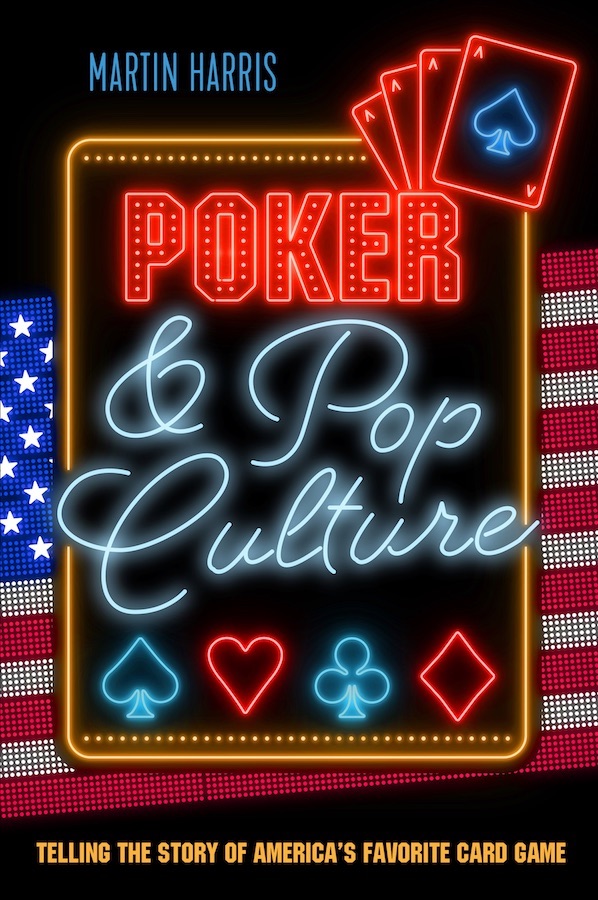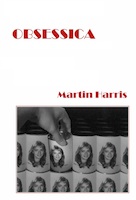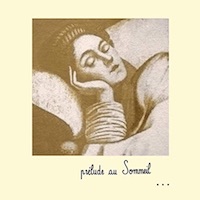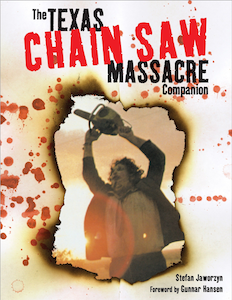Rigged!
Making such an overture is probably also an invitation to charges of groundless paranoia, not unlike the reaction many had nearly a decade ago to suggestions that online poker could in any way be rigged.
Earlier today poker pro David Paredes -- one of those who originally began to raise suspicions about cheating on UltimateBet (which turned out to be true) -- sent a tweet alluding directly to the latter while indirectly commenting on the former.
“When my friend and I first examined odd-seeming data on UB, every smart poker player called me an idiot. We wound up getting 22M refunded,” said Paredes.
We’re two weeks on, now, from that surprising Election Night that began with continued confirmations of Hillary Clinton’s wide lead in the polls suddenly being consumed by actual returns that reversed the outcome in favor of Donald Trump. The initial response by some included dismay regarding the seemingly erroneous polling data, with many exceedingly curious about how the pollsters could have gotten it so wrong.
In the last few days talk of recounts and closer scrutiny of the ballots in certain states is getting a little louder. It still doesn’t feel much like anything will come of it, but it’s enough to inspire some interesting lines of speculative thought.
Stepping back from it all and imagining a scenario in which there was some form of tampering done in a few key states that affected the outcome, I’m reminded of poker’s early history and the rampant cheating that marked the game’s first century. In particularly I’m thinking of schemes followed through by card sharps in saloons and steamboats who set up their victims initially with unsupported accusations about cheating and/or games being unfair before cheating themselves.
One method falling into this category was for the card sharp to lose a few hands, then call for a new deck as a way to imply a belief that something untoward was going on. The request might be accompanied by grumbling about cards being marked, which ideally would elicit protestations from others that the game was honest. A new deck would then be introduced -- one that he himself had doctored earlier -- enabling the sharp to cheat and win in a game others had already declared to be square.
Another tactic sometimes used by cheaters would be to make conspicuous pronouncements about how much they were losing when in truth they were cleaning up. For example, there’s a long story in John Nevil Maskelyne’s Sharps and Flats: A Complete Revelation of Cheating at Games of Chance and Skill (1894) about a Spanish sharp named Bianco who marked cards in advance and had decks shipped to locations in Havana he subsequently visited.
“He played everywhere, of course, and where he played he won,” explains Maskelyne. “To avert suspicion, however, he was careful to complain constantly of the losses he had sustained.”
Going further, sometimes among a group of colluding players the one managing the cheating would himself purposely lose in order to throw off the scent. George Devol refers to such a scene in Forty Years a Gambler on the Mississippi (1887) when once was playing with his cheating partner Canada Bill Jones. “Bill did the capping,” he says, “and as he lost, their suspicion did not light on him.”
The common thread here is that losing players are less likely to be thought of as cheaters, and more likely to be of the group accusing others of cheating. Meanwhile the winners are more likely to be defensive about games being fair in order to ensure their victories are understood to be legitimate.
During the final months of the campaign, Trump (who according to the polls had been consistently positioned as losing) consistently forwarded a “rigged election” narrative, even going so far as to enlist supporters to volunteer to be a “Trump Election Observer” and “Help Me Stop Crooked Hillary From Rigging This Election!” (Here’s an archived version of the invite from Trump’s website, now removed.)
In fact Trump went so far as to file a lawsuit on Election Day in Las Vegas having to do with how voting was being managed in the state. The complaint concerned early voting and polls being allowed to stay open later than scheduled, something the Trump campaign characterized as evidence of a “rigged system.” A judge rejected the suit that afternoon, directing the campaign to take it up with the Secretary of State, but the story lingered throughout the day and early evening as a continuation of the “rigged” narrative being advanced.
Here’s an overview from Politico detailing the many types of fraud that were preemptively suggested by Trump’s campaign. The narrative earned a predictable response from the Democrats (who by all indications were “winning”) who decried the suggestions as not only lacking evidentiary support but a threat to the stability of the nation’s government. “Why Trump’s talk of a rigged election is dangerous” was the headline of one CNN article that made the same sort of argument found in many places during late October/early November.
Many of those calling for audits now find themselves in a position not unlike the one occupied by those poker players who’d earlier insisted on the game being square who then later themselves began to harbor suspicions about cheating.
What might come of it remains anyone’s guess. Indeed, amid such an atmosphere of failed predictions, it is hard to be confident about any forward-looking statements, although it seems more likely than not that nothing substantial will result from these calls to “audit the vote.”
That is to say, as was the case in 1960 and 2000, there may remain doubts in the minds of some about the legitimacy of the election result, but ultimately it doesn’t appear there will be any serious, legally-consequential revisiting of the matter during these next couple of months.
I wonder, though, how the story of the 2016 campaign and election will be told decades from now -- and in what ways the word “rigged” will be used in the telling.
Image: “Vote!”, kristin_a (Meringue Bake Shop). CC BY-SA 2.0.
Labels: *the rumble, 2016 presidential campaign, 2016 presidential election, cheating, Donald Trump, George Devol, Hillary Clinton, John Nevil Maskelyne













0 Comments:
Post a Comment
<< Home